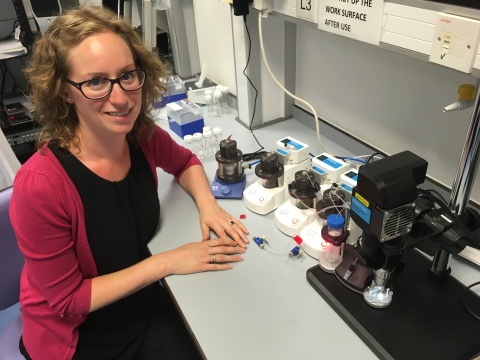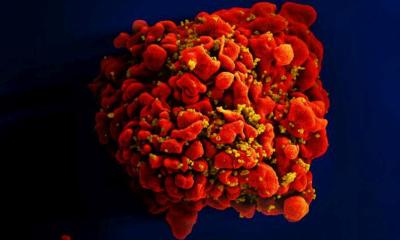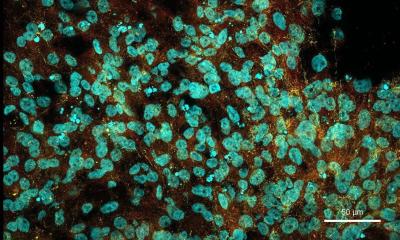News • Pregnancy loss
Single cell RNA-sequencing to offer miscarriage hope
A new technique – single cell RNA-sequencing – may offer answers and hope to the 200,000 mothers and partners affected by pregnancy loss in the UK every year.

In partnership with Tommy’s National Centre for Miscarriage Research, scientists at the University of Warwick are currently running preliminary studies using the technique, as Emma Lucas, a postdoctoral researcher in Professor Jan Brosens’ laboratory, explained: “We are interested in the transcriptome of the endometrium and how it might be different in patients who suffer from recurrent miscarriages or infertility. We are looking for changes in cell populations, which could indicate whether or not a patient will go on to have a successful pregnancy. In the past, we’ve studied the tissue as a whole, but the varying contributions from different cell types muddy the water – we need to isolate the populations using single cell RNA-sequencing.”
“We came across a publication describing a technique by Macosko et al. and – after weighing up some of the complications associated with creating an in-house set-up – we decided to go with Dolomite Bio’s Single Cell RNA-Seq System; we fell in love with it when we first saw it. We did our first run within a month of it being installed in February 2017, and it’s so quick and easy to use that we have completed the validation tests and are now gathering data. We appreciate the flexibility of the set-up – we are not constrained to using Dolomite Bio reagents and its open, modular design makes it very easy to troubleshoot, should any problems arise.”
Emma concluded: “Our preliminary data is very promising and we hope it is going to help secure further funding, which will enable us to improve our understanding, and target treatments more appropriately.”
Source: Dolomite Bio
20.07.2017





